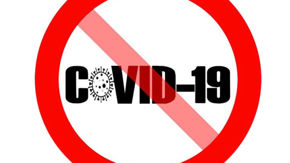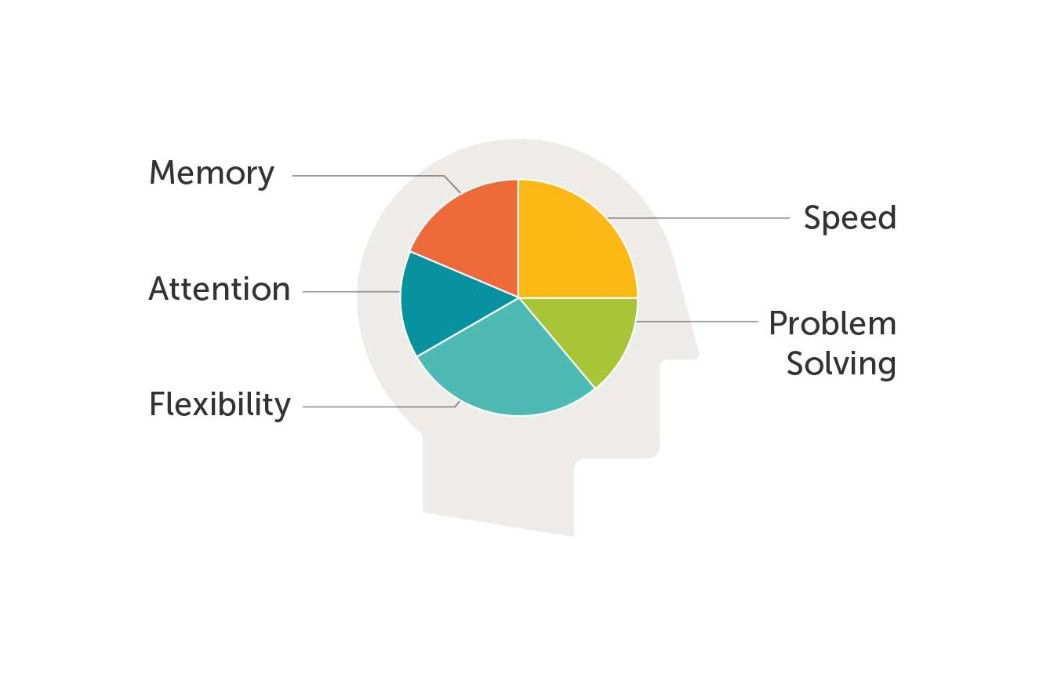3 min read//
A recent New York Times article questioned the benefits of “brain training” game programs like Lumosity. So far, studies have reached inconclusive results about the cognitive benefits of such games. I have discovered one surprising yet valuable benefit: Lumosity has shed light on my workplace strengths and weaknesses.
In case you are not familiar with Lumosity, there are free games via their iPad and iPhone apps and on the web. There is also a paid subscription option. A daily training session consists of five games and takes about five to ten minutes to complete. The main areas covered are speed, memory, attention, flexibility and problem solving. There's a word game that tests language skills by asking you to create as many words as you can in a set amount of time with a prefix prompt. Another game flashes a bird and a letter of the alphabet across the screen for a second or two. You have to remember where the bird was and what the letter was to win the round. This tests your attention span and memory skills. A game that mimics a real-life workplace scenario makes you a restaurant server and requires you to remember the names and orders of several customers at a time. It’s tougher than it sounds, and you will gain a new appreciation for the restaurant business.
My Results
I’ve been playing daily for a few months. My strongest skill is flexibility. This aligns with my current job quite well. I curate content for a national media company. During my shift, I am constantly switching gears: updating multiple breaking news stories, scouring the web for viral content and making sure the sports section reflects the latest upset victory. Flexibility, you better believe it! One Lumosity game that tests your divided attention skills requires you to guide trains into the correct train station. That closely mirrors what I do at my job, keeping all of my content "stations" in order. While it may just be coincidence, it is interesting that my strengths in playing Lumosity games are my strengths in the workplace.
My lowest scores on Lumosity are on the speed-driven games. While I possess the judgment skills required for breaking news, sweating out the split-second decisions required with breaking news is not my favorite part of the job. Therefore it is not surprising that speed-focused games are not my strong suit. I’ve also noticed that I struggle with the visualization games. You know how some people like to read written directions while some people would rather look at a map or diagram? Understanding how you best learn new information can be valuable when you are being trained on new job skills. There is one Lumosity game that involves packing a suitcase. (For an extra challenge, the game’s suitcase sometimes has three compartments.) As much as I try to “see” with my mind the way the suitcase is going to fold up, I often end up stacking things on top of each other and lose the round. Clearly, I learn better via the written word than with images.
Other Brain Training Options
In addition to other brain training games on the market, learning a language or how to play a musical instrument may also be beneficial for brain health. Hitting the dance floor and learning how to do the tango or waltz not only requires your mind to stay engaged, but adds a beneficial layer of socialization which is key to good mental health. Keeping the brain stimulated seems to be vital in supporting cognitive functioning.
Why I Play Brain Games
My father died of Alzheimer’s complications, so fostering brain health is a personal issue for me. A study discussed in the New York Times article found that playing a brain training game over a period of time only make you better at playing the game, but doesn’t have any impact in your daily cognitive functioning abilities. This may be true, but now that I have a clearer picture of my mental strengths and weaknesses, I can hopefully use that information to my benefit in the workplace environment.
Maybe I’m just succumbing to my strong competitive spirit that thrives on challenging myself to produce better results. Or [gasp] maybe I’m just having a little fun.











